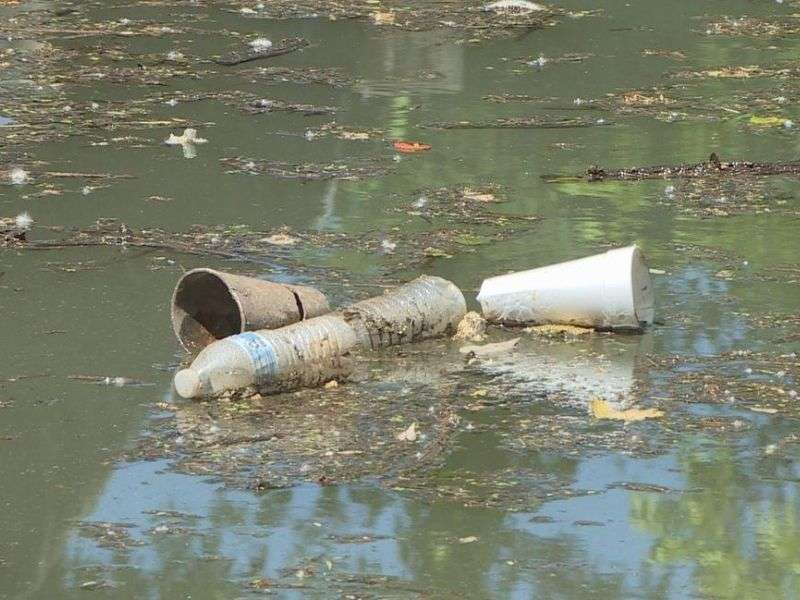With coal-fired power plants still in operation in Tennessee, pollution is a problem. If coal ash, a highly toxic byproduct of coal production, isn’t properly or effectively stored, it can contaminate groundwater or create toxic waste spills. In 2008, just outside of Knoxville, there was the worst coal-ash spill in U.S. history.
In general, the amount of pollution in Tennessee‘s lakes and rivers varies. Industrial waste and sewage overflows are polluting the Mississippi River in Memphis. The Cumberland River in Nashville and the Tennessee River in Knoxville face the same problems.
The Tennessee Department of Environment and Conservation (TDEC) says that:
- 30% of Tennessee’s streams have such bad water quality that they can’t support healthy fish and aquatic wildlife.
- Almost 40% are not good for people to enjoy.
- Because of pollution, Tennesseans have to pay more for their utilities because more money has to be spent on treating water.
Knoxville water pollution remains a concern for professionals, environmental groups
The sun shines on the moving water of the Tennessee River and the streams that flow into it. It might look nice to the people who live there, but professionals and environmental groups in the Knoxville area are worried about what’s in the water.
Dr. Mike McKinney, an environmental science professor at the University of Tennessee, Knoxville, says that the Tennessee River is always one of the top 20 most populated rivers in the U.S.
“There are two main things that cause it: urban runoff and the fact that we have a lot of urban sprawl, which means that a lot of sewage gets into the system through leaky sewers. Then, we have a lot of runoff from tomato farms and crops,” McKinney said.
Zachariah Seiden says that professors and students at UTK have made an organisation that checks the water that flows from campus into streams to make sure it is clean.
A sustainability manager at UTK’s Office of Sustainability named Preston Jacobsen said, “We have put $38,000 into a research lab on Second Creek to keep an eye on the water quality and pollution. This will go on for three to four years.”

Different things happen in Knoxville because of water pollution.
“Two areas, and one is Recreation. People who live near the Tennessee River often get staph infections or skin infections. Creeks are worse than rivers by a long shot. “If you get into the creeks and drink some of the water by accident, you could easily get E. coli or Giardia poisoning,” McKinney said.
The Tennessee Department of Environment and Conservation says, “About 30 percent of the state’s streams have such bad water quality that they can’t support a healthy population of fish and other aquatic wildlife, and almost 40 percent aren’t good for people to play in.”
Scorecard says that in 2002, Knox County was in the top 10 percent of all U.S. counties in terms of the noncancer risk score (air and water releases). This means that it was one of the dirtiest and worst counties in the country.
Water pollution has also made the water in Knoxville unsafe to drink.
McKinney says that Knoxville’s drinking water comes from the Tennessee River. Even though the water is filtered, it still has some chemicals in it.
Jacobsen says that people in Knoxville can help clean up the city’s water by working on cleanup projects and spreading environmental awareness.
“If you care about your outdoor environment and spend time in it, you are more likely to protect it. “Get out of the house, use that greenway, and go to events, because then you’ll be more likely to get involved,” said Jacobsen.
McKinney stressed that it’s important to not use too many chemicals and pesticides when taking care of your lawn because they get into the runoff. Water that runs when it doesn’t need to add to the problem.
Seiden says that when you wash your car or change the oil, the waste goes down drains that lead to the river.
✓ Fast delivery and pickup
✓ Serving the Knoxville, TN area
✓ Customer friendly staff
✓ Call (865) 507-1950 now!
✓ Local family business
✓ Satisfaction guaranteed
